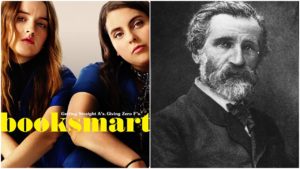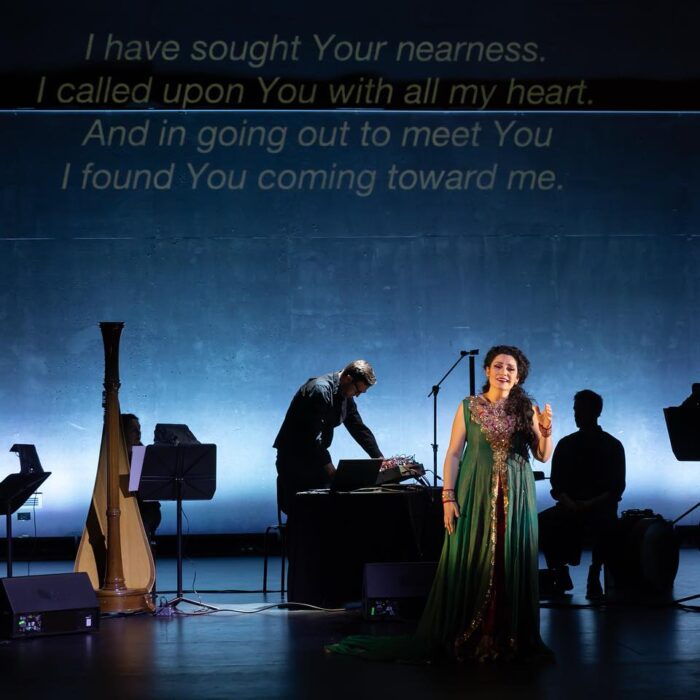
Opera Meets Film: The Brief Hallucinatory Effect of Verdi’s ‘La Traviata’ in ‘Booksmart’
By David SalazarOpera Meets Film” is a feature dedicated to exploring the way that opera has been employed in cinema. We will select a section or a film in its entirety, highlighting the impact that utilizing the operatic form or sections from an opera can alter our perception of a film that we are viewing. This week’s installment features Olivia Wilde’s comedy “Booksmart.”
It’s interesting to see the appearance of opera in a number of modern films in what often feels like an afterthought. We’ve seen it in such examples as “Extremely Wicked, Shockingly Evil, And Vile” or “Transit” and now we can also see it in the comedy “Booksmart.” But as with the other examples, the inclusion of opera, even if for mere seconds still manages to create a lasting impact in the moment of the film’s narrative, even as an unexpected gag.
“Booksmart” follows two Ivy League-bound seniors on the eve of their graduation as they try to cram in four years-worth of parties into one night. As one might imagine, pandemonium ensues as they run from one party to the next.
It’s during the second party of the night that we get our big opera excerpt and it comes from one of opera’s most famous parties – the first Act of “La Traviata.” It’s but a few seconds (perhaps even less than 10) of the passage that precedes “È strano” but it comes out of nowhere, mainly because the movie’s soundtrack to this point has not hinted at any interest in dealing with opera.
The effect is hallucinatory, which is perfect for the context of the scene that is taking place. The two girls have just discovered that they inhaled a hallucinogen at an earlier party and have not yet experienced the effects. They are about to and as they run up the stairs looking for cover, Verdi’s music blazes through the soundtrack, adding to the chaos and frenzy of the girls’ emotions. A few moments later, the audience is treated to a hilarious stop-motion sequence in which the girls are dolls. Like the opera inclusion, this brief scene is but a stylistic diversion that will never return again for the running time of the film. It’s one big joke, as is the inclusion of opera out of nowhere. In a film about the emotional chaos of adolescence, opera serves as but another means of heightening those feelings.


